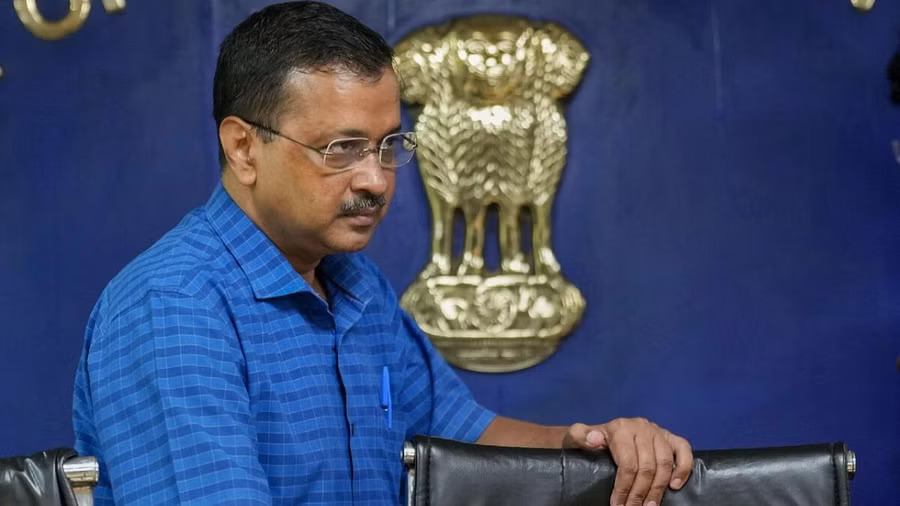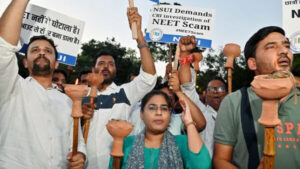In a significant legal development, the Supreme Court has delivered a substantial setback to the Aam Aadmi Party (AAP) by upholding the Central Government’s decision to extend the tenure of the Delhi Chief Secretary by six months. The decision comes after a legal battle between the Delhi government and the Centre, highlighting the intricate dynamics of power distribution and administrative control between the Union Territory of Delhi and the Central Government.
The issue revolves around the extension of the Chief Secretary’s tenure, a position crucial for the smooth functioning of the administrative machinery in Delhi. The Supreme Court’s verdict not only validates the Centre’s authority in matters concerning bureaucratic appointments but also underscores the complexities of governance in Union Territories, where the lines of authority between the elected state government and the Central Government need careful navigation.
The AAP government’s challenge to the extension underscores the broader tensions that often characterize the relationship between state and central authorities. The power struggle, evident in this legal battle, reflects the ongoing debate on the extent of autonomy granted to the elected government in Union Territories and the role of the Central Government in crucial administrative decisions.
The Supreme Court’s decision, while settling this specific dispute, has broader implications for the distribution of powers and the constitutional framework governing Union Territories. It establishes a legal precedent that may influence future conflicts between state and central authorities, providing clarity on the limits of executive powers in such administrative matters.
As the legal and political ramifications unfold, this judgment is likely to be closely scrutinized for its potential impact on the federal structure of governance in Union Territories. The delicate balance between the elected government’s autonomy and the Central Government’s oversight is a recurring theme in Indian politics, and the Supreme Court’s intervention in this case adds another layer to the ongoing discourse on the nature of governance in these regions.
Sponsored
FACTS Transcripts
Apply for a University document anywhere
https://www.factstranscript.com
Quick Transcripts for popular Universities, check your University name now and get started. We help you to get your transcript application online which is accepted for use of IRCC.
No DD, NO Paperwork. 100% Authentic, Reliable.
FACTS Transcripts Charges · Reviews · Assam Universities · Home · Know your University
Author: IBC Global Times
Discover a whole new perspective with our channel, where comprehensive analysis and fearless reporting take center stage. Experience journalism that goes beyond the noise and clutter, offering clarity and depth. Unlock the power to inform, interpret, challenge, and provoke as a subscriber of our channel. With unlimited access to our journalism, you'll have the ability to explore unique viewpoints, delve into thought-provoking content, and stay ahead of the curve. Subscribe now to gain exclusive access to our channel and join a community of individuals who value insightful reporting. Don't miss out on the opportunity to expand your knowledge and engage with journalism that truly makes a difference. Subscribe today and embark on a journey of discovery with our channel.











